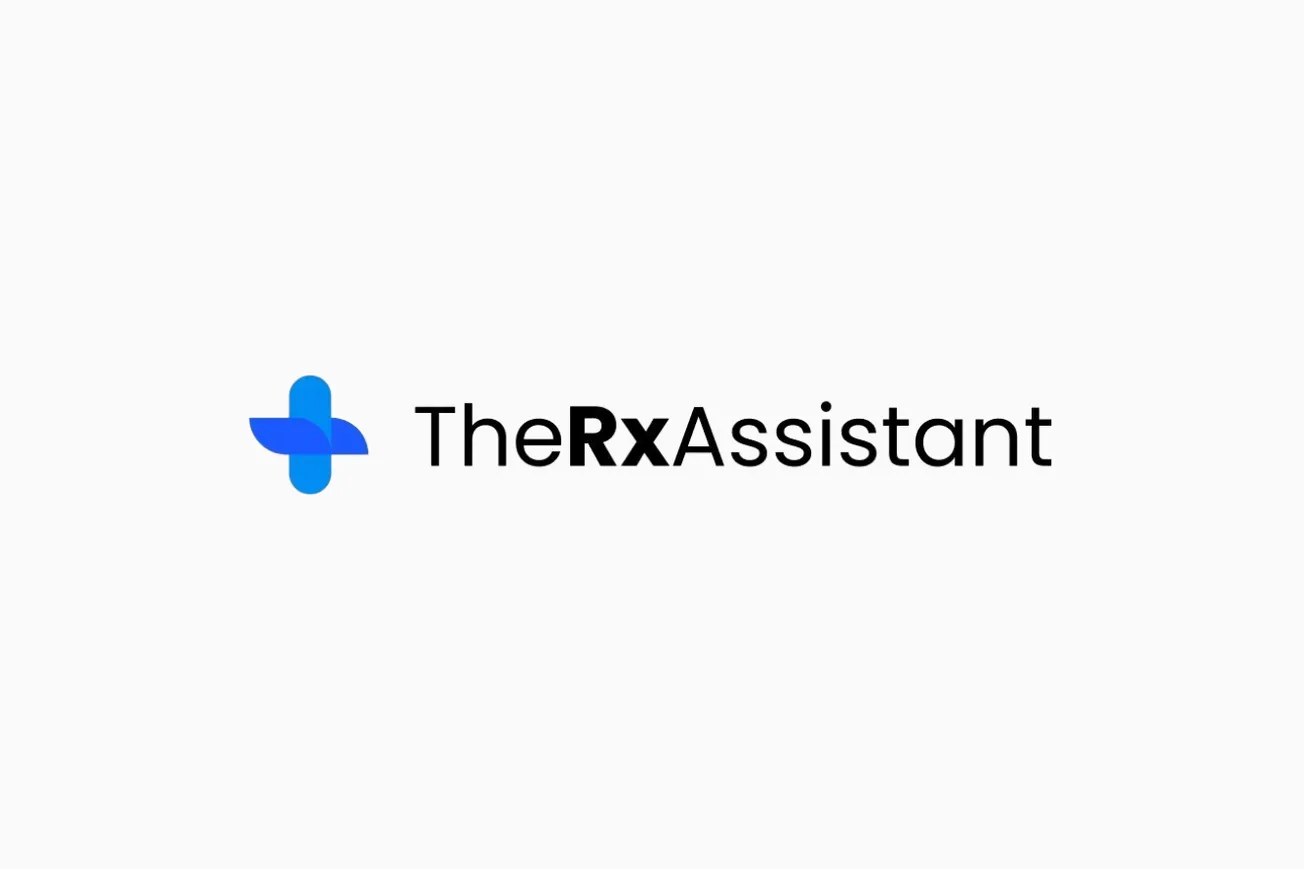By Atit Shah
You walk into your favorite pharmacy, ask for your prescriptions, and leave. That is your supply chain.
However, to get your prescriptions and over-the-counter medication to you when you need them, the pharmacy sector is turning to artificial intelligence (AI) to increase the efficiency and speed of its supply chain.

Pain Points in the Pharmacy Supply Chain
Let’s look at the unique challenges facing pharmacies across the country.
A significant problem is drug shortages — 241 at last count — in the United States, which make it difficult for pharmacies to meet their customers’ medical needs and force them to find alternative prescriptions.
In addition to drug shortages, the pharmacy supply chain has to overcome many challenges, including:
• Temperature-sensitive medication.
• Demand surges.
• Transportation challenges.
Inaccurate demand forecasting causes problems, such as a low inventory of medication people need and overstocking of drugs with expiration dates. Natural disasters, public health crises, world events and supplier problems easily disrupt the supply chain, which can cause grave consequences in treatment care.
With its ability to analyze massive data sets and detect patterns, AI technology can improve efficiency, find cost savings and deliver better customer service.
AI-Powered Predictive Analytics: A Solution for Pharmacies
• Demand Forecasting: AI can analyze historical data, prescription patterns, external issues like disease outbreaks, and weather trends to predict medication demand. With predictive analytics, an AI system lets pharmacies optimize their inventory, minimize the risk of stockouts of popular drugs, and help keep costs down by not throwing away medications past their expiration date.
• Supply Chain Risk Assessment: Today’s AI-driven supply chains can quickly identify problems by analyzing real-time supplier performance, transportation routes, and regional or worldwide events. This feature enables pharmacies to foresee issues and find alternative suppliers and routes to ensure patients receive needed medications.
• AI Route Optimization for Efficient Delivery: By analyzing real-time traffic, weather and delivery times, AI algorithms optimize delivery routes, leading to greater efficiency, faster deliveries, increased customer satisfaction, reduced costs through fuel savings, and minimized vehicle wear and tear.
Real-World Examples
and Benefits
AI-driven supply chains for pharmacies are already delivering on their potential.
It is not surprising that Amazon Pharmacy uses AI and machine learning to predict demand, which enables Amazon to “stock the right medications in each location, ready to be dispensed when a prescription comes in.”
In the article “5 Ways Amazon Pharmacy Uses AI To Make Getting Medications More Convenient for Customers,” Alexandre Alves, senior principal engineer at Amazon Pharmacy, said the advanced technology analyzes data to create “different stocking scenarios.”
“This can help us improve our ability to predict the medications we need to have available in each location,” he added.
Walmart pharmacies also use AI to power their supply chain.
Parvez Musani, senior vice president of E2E fulfillment at Walmart Global Tech, wrote about its AI-powered inventory management system: “We also consider ‘future data’ such as macroweather patterns, macroeconomic trends and local demographics to anticipate demand and potential fulfillment disruptions. With this combined data, our engines identify and correct discrepancies, inefficiencies or inaccuracies in supply chain models.”
The Future of Pharmacy
Technology is changing everyone’s lives and every business. AI technologies will continue to advance, helping pharmacies make more informed decisions about all aspects of their supply chain, from inventory management to AI route optimization. AI is even helping pharmaceutical companies develop new drugs.
AI’s ability to analyze all types of data enables it to predict the impact of hurricanes on the East Coast and how they will affect the supply chain on the West Coast. With all the potential benefits of an AI-powered supply chain, pharmacies can stay ahead of demand so that when you visit your local drug store to pick up your prescriptions or over-the-counter medication, they will be waiting for you, perhaps at the door.
Atit Shah is director of operations at Chetu, a global software solutions and support services provider. For more information, go to chetu.com.








